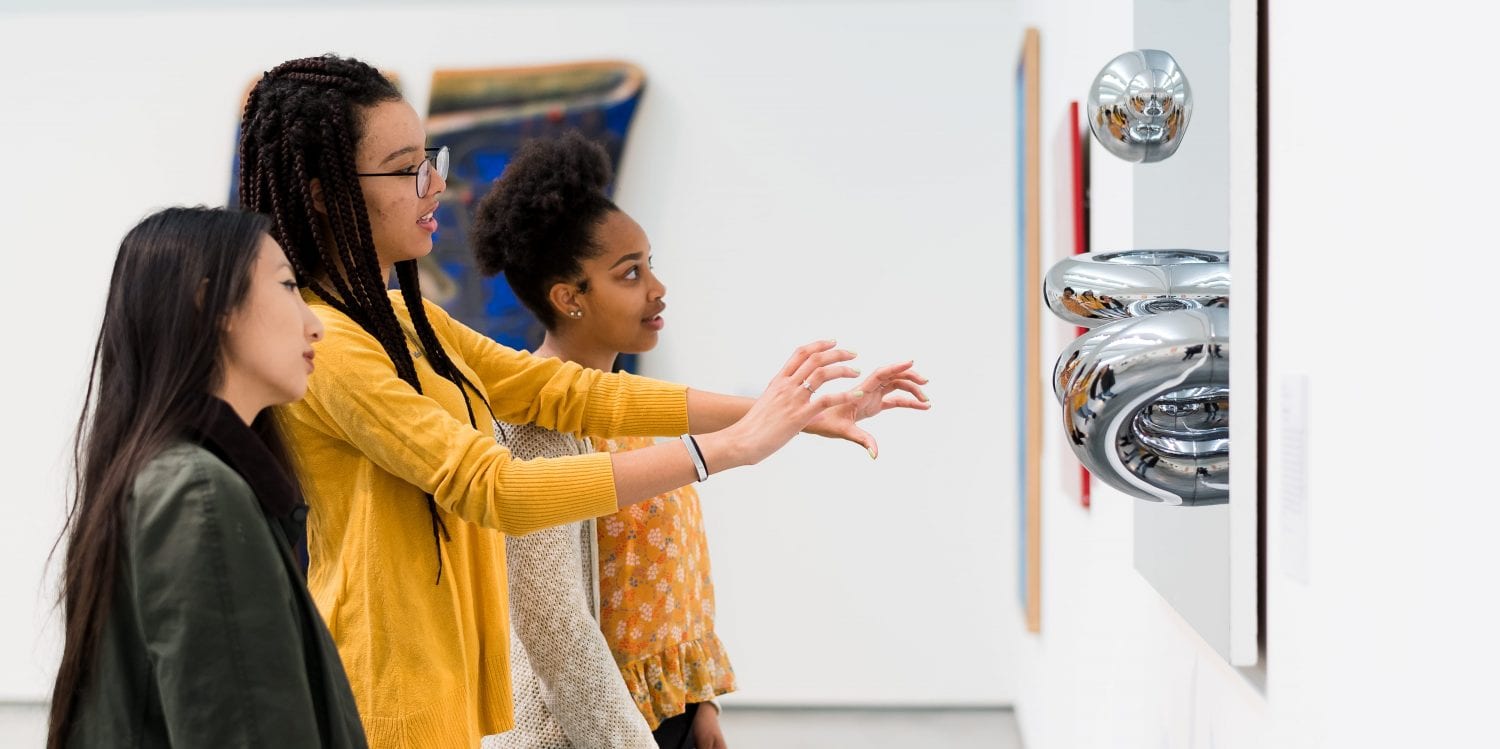“For this life, I cannot change”
In 1972, during the 139th meeting of the American Association for the Advancement of Science, Scientist Edward Norton Lorenz proposed a question:
“Does the flap of a butterfly’s wings in Brazil set off a tornado in Texas?”
Lorenz was a renowned mathematician and meteorologist, best known for founding numerical weather prediction, Chaos theory, and most famously, the Butterfly Effect. The question he brought to the AAAS was genuinely asking about human’s ability to mathematically predict weather patterns, based on both his original research of weather systems and the development of new technologies at the turn of the 70s. However, popular culture took hold of Lorenz’ question and applied its theory more broadly to recognize the impact of people’s seemingly insignificant actions on the entire world around them.
This popular reimagining of the Butterfly Effect was cemented with the 1990’s film Havana starring Robert Redford, in which his character says “a butterfly can flutter its wings over a flower in China and cause a hurricane in the Caribbean.” This interpretation of Lorenz’ Butterfly Effect theory asserts the significance of each of our individual actions, and puts into perspective just how meaningful everything we do can truly be.
The notion that every choice we make in our lives has an impact on the rest of our own lives, let alone the lives of others, can be incredibly overwhelming. Especially at the end of our teenage years and the beginning of adulthood, we tend to not want to believe ourselves to be capable of having that much power. However, it could not be more true. We all can change this life—contrary to what Travis Scott’s “BUTTERFLY EFFECT” lyric says—and we all do, every day.
Wellesley’s mission is to provide an excellent liberal arts education to students who will make a difference in the world. Honestly, I used to be really afraid of that mission statement. Like most 18-year-olds, I was unsure of my role in this big world full of possibilities. And like most other 21-year-olds, I still am. What difference will I make? What will my impact be?
Some of us will be the first in our families to attend or graduate from college. Some of us will start businesses that will give back to our home communities. Some of us will follow our creative passions, express ourselves through the arts, and inspire another to do the same. Some of us will raise incredible families, passing down all of the lessons we’ve learned in this life. Some of us will test the limits of human exertion, winning championships and Olympic medals. Some of us will teach the next generation how to love learning, how to love themselves, and how to love each other. Some of us will create and develop the cures to the world’s most devastating diseases. Some of us will run for President.
After years of personal, intellectual and spiritual growth; after years of being in an environment that has shaped me to be confident, despite the fear of failure; after years of learning that I am the only person who can paint the picture of my own success, I’ve come to realize that the “differences in the world” all Wellesley students are destined to make will range in magnitude, but none will be any more or less significant.
All of us are butterflies, with our own magnificent and one-of-a-kind set of wings. What will the flap of yours set off?
Until your tornado,
Tatiana ‘21

